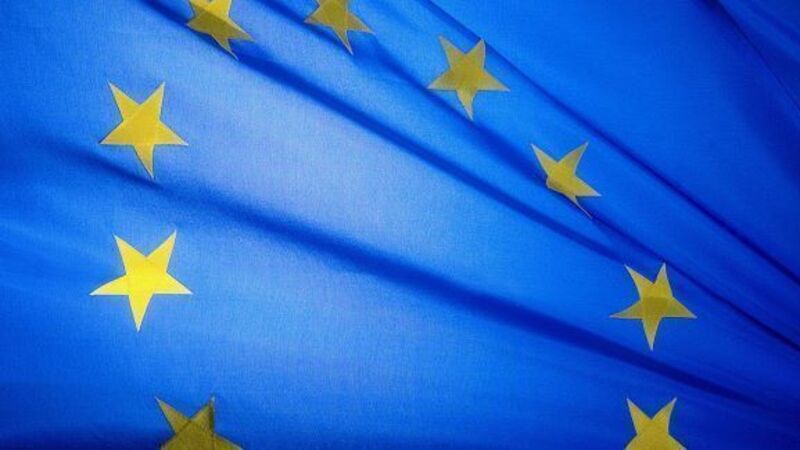Europe and US close to deal on data transfers

The EU and United States have been racing to replace the previous data transfer framework called Safe Harbour. The European Court of Justice (ECJ) struck it down last year over concerns about US mass surveillance, leaving thousands of companies in legal limbo.
While the new pact would still need political approval the two sides were close to finalising the framework yesterday a day before European data protection authorities end a two-day meeting in Brussels, sources close to the talks said.











